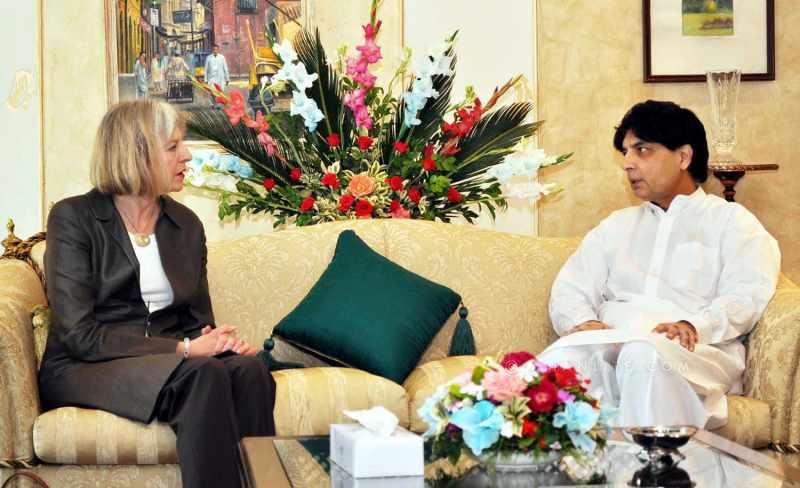Buddhdev Pandya MBE, Political Editor for Asian Lite, says the new bill specifically address slavery and trafficking in the 21st century.

The Home Office published a historic bill aimed at stamping out modern slavery. The Modern Slavery Bill is the first of its kind in Europe, and one of the first in the world, to specifically address slavery and trafficking in the 21st century.
The Home Secretary, The Rt Hon Theresa May said, “ Modern slavery is an appalling crime that has no place in today’s society. It is an affront not just to the dignity and humanity of the people crushed by it but to every one of us.”
She described it as a milestone that will give law enforcement the tools they need to target today’s slave drivers, ensure perpetrators are severely punished and improve support and protection for victims.
In December 2013 the Modern Slavery Bill Evidence Review, chaired by Frank Field MP, released its report. It set out a blueprint for a new Act that will establish Britain, once again, as a world leader in the fight against modern slavery.
Yvette Cooper, the shadow home secretary, had told on the Today programme that there is cross-party support for a modern slavery bill. However, she said, “ the Labour party would like to see the legislation go further and also include legal protection for child victims where an estimated two-thirds of these children then go missing again… and are almost certainly re-trafficked again. ”
Currently modern slavery and trafficking offences are spread across a number of different Acts. The Bill fixes this, providing much needed clarity and focus and making the law easier to apply. Consolidating and simplifying existing modern slavery offences into one Act
It will have Slavery and Trafficking Prevention Orders and Slavery and Trafficking Risk Orders to restrict the activity of individuals where they pose a risk of causing harm. There will also be proposals for creating a new Anti-Slavery Commissioner, a vital post that will drive an improved and more coordinated law enforcement response at all levels, working in the interests of victims. It will have powers to confiscate assets of convicted perpetrators with more enforcement powers at sea to close loopholes which prevent the police and Border Force being able to act where it is suspected that human trafficking or forced labour is taking place on board vessels at sea.
The bill provides for the protection and support for the victims by creating a statutory defence for victims of modern slavery so that those who are compelled to commit an offence are not treated as criminals by the criminal justice system. This is expected to raise confidence of the victims to come forward and give evidence against their enslavers. This covers screening of witnesses, giving evidence by live link, in private or video recorded. Existing legislation on special measures includes some specific provisions for trafficking cases, the Bill will extend these provisions to also cover slavery, servitude and forced labour.
The Bill is published on 10th June 2012 and the government is planning throughout summer a trials of new specialist child advocates will begin across 23 local authority areas and an awareness campaign will seek to highlight the hidden nature of modern slavery across a number of sectors and let victims know help is available.